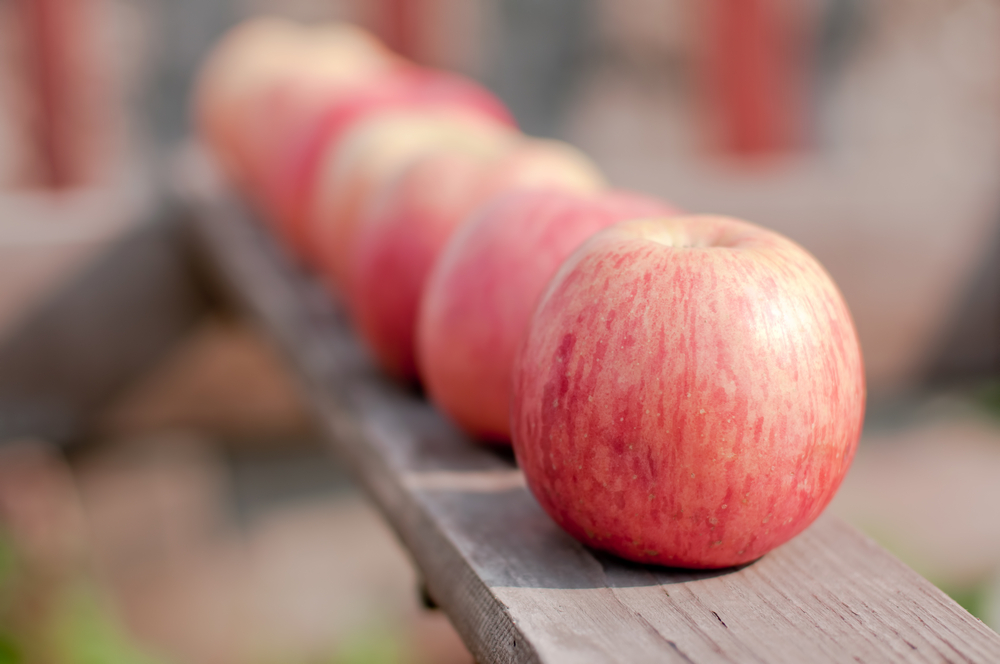USDA has given its approval to yet another genetically modified apple, making the Arctic Fuji the third non-browning GMO apple to receive authorization in the U.S.
According to the USDA’s Animal and Plant Health Inspection Service, the non-browning apples are “the same” as conventional apples with the exception of being less prone to browning once cut.
Apple flesh turns brown due to oxidation, which occurs once the skin has been pierced. While not a detractor from flavor or nutrition if consumed within a reasonable time frame (a few hours), it can be a visual deterrent, one that Okanagan Specialty Fruits, the company behind the GMO apples, say leads to excess food waste.
“The response to Arctic Fuji apples and our overall platform to deliver direct benefits to consumers has been encouraging,” said Neal Carter, Okanagan Specialty Fruits founder and president.
“We are confident the positive feedback we have received will translate to the marketplace,” he said.
The apples are specifically aimed at food service, where apples are often sliced and stored before sale or serving, and the browning flesh can make them appear less than fresh.
Scientists created the Arctic apples by reducing the enzyme polyphenol oxidase (PPO), which is the primary cause of browning in fruit and vegetables.
Arctic apples differ from other genetically modified crops—mainly corn, soy, canola, sugar beets, cotton, and alfalfa—because they are not designed to withstand excessive applications of pesticides and herbicides, but rather to turn off the browning gene. However, in recent years apples have topped the Environmental Working Group’s Dirty Dozen list of foods found to contain the highest levels of pesticide residue.
“Food companies and restaurants, apple growers and growers associations, and consumers don’t want GMO apples. Yet this company is introducing them,” Ken Roseboro, publisher of The Organic & Non-GMO Report, told EcoWatch.
“And of course they won’t be labeled as GMO in the U.S. for at least two years with the weak GMO labeling bill that was recently passed, and even then they may just have a QR code,” said Roseboro. “There are already non-GMO, non-browning apples available, including the Non-GMO Project verified Opal apple and ones developed at Washington State University, but the media ignores those options in favor of so-called ‘high tech’ GMO apples.”
Find Jill on Twitter and Instagram
Related on Organic Authority
Clover to Produce Nation’s First Conventional Non-GMO Milk
Mass Exodus Expected from Leading Organic Trade Group Over Controversial GMO Legislation
Longest Study of GMO Crops Ever Yields Surprising Results
Fuji apples image via Shutterstock

